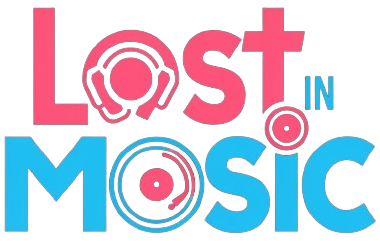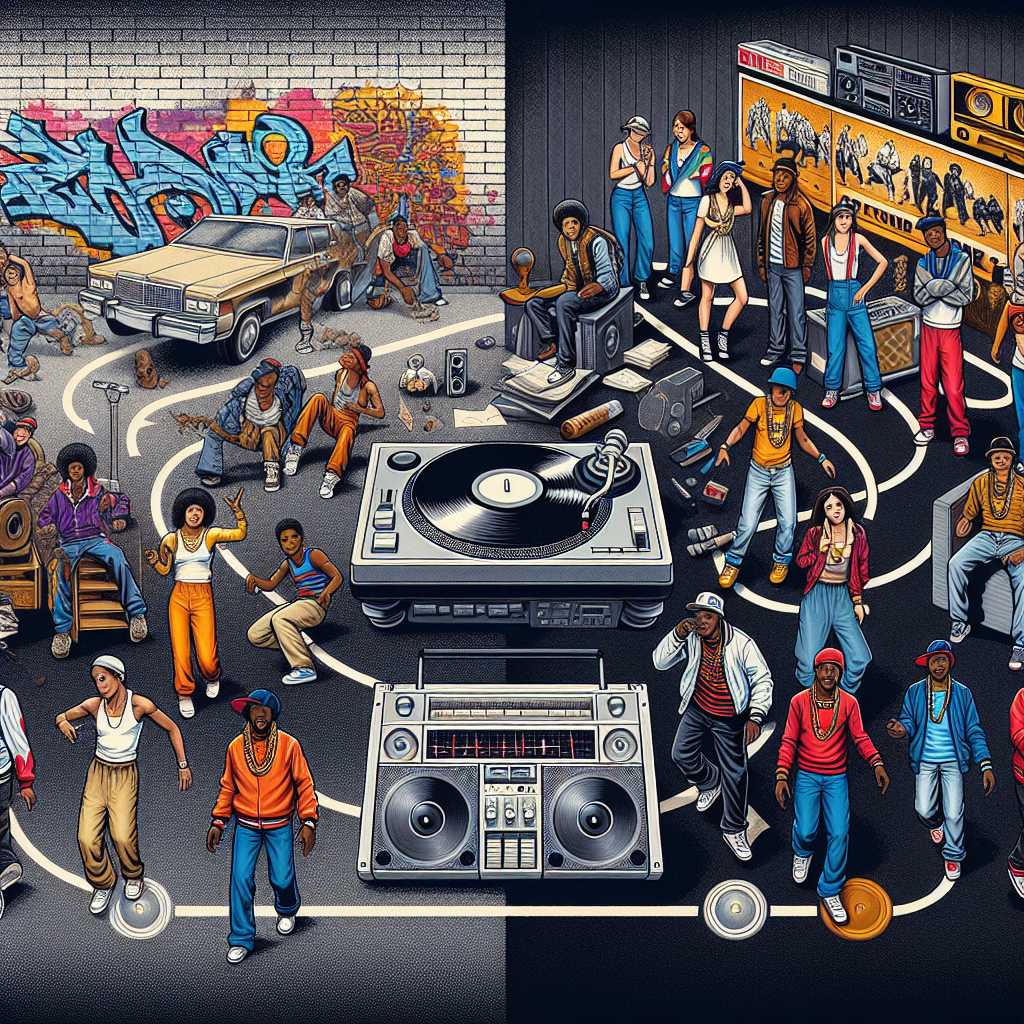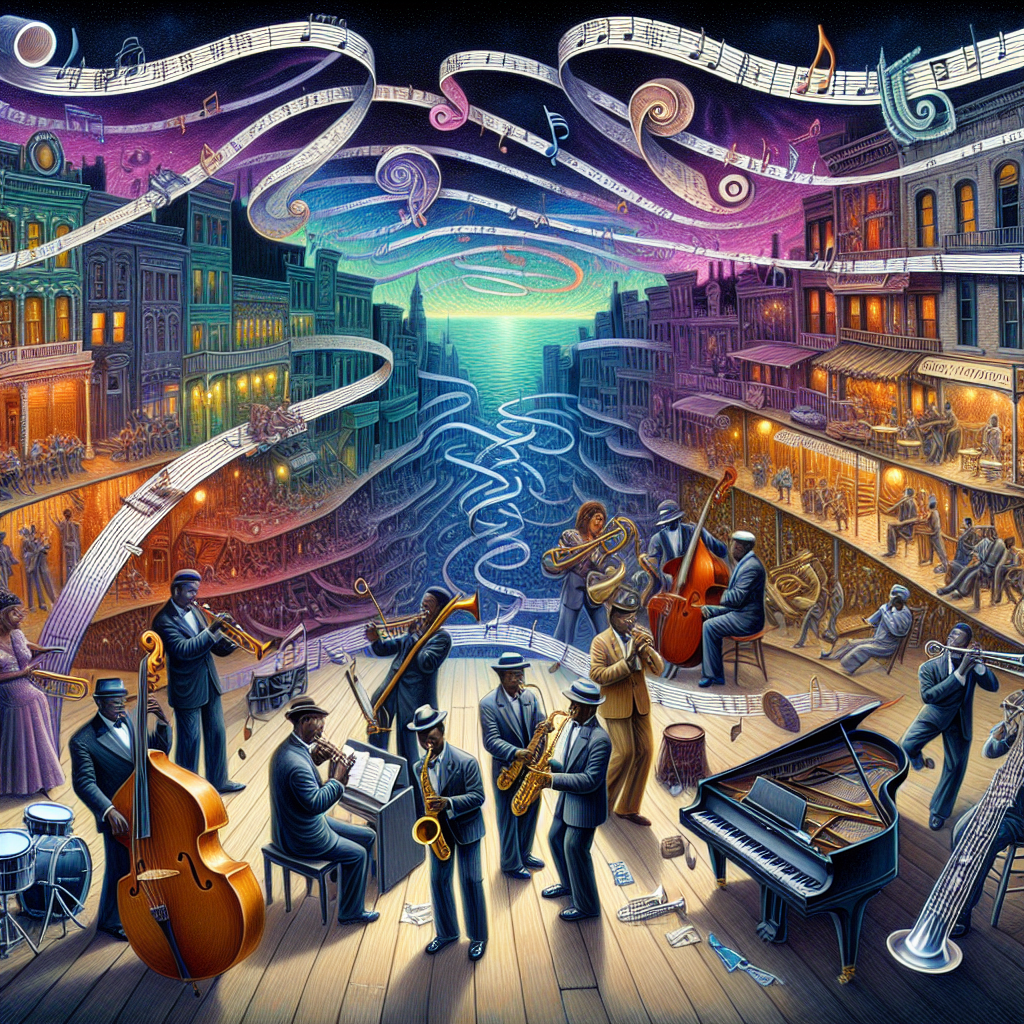Perhaps more than any other genre, the evolution of Hip Hop culture has not only impacted the music scene but continues to shape global pop culture as a whole. Since its birth in the tumultuous 1970s, Hip Hop has acted as a voice for the marginalized and a conduit for social commentary. Today, it’s a global phenomenon – a culture of vast influence and lasting importance. This article delves into the history of hip-hop culture and its undeniable influence.
The Emergence of Hip Hop Culture
The roots of Hip Hop culture can be traced back to the 1970s in the Bronx, New York. It emerged as an outlet for African Americans and Latinos to cope with the realities of urban decay, poverty, and violence. The music aimed to tell stories of life on the streets, often overlapping with messages of social and political concerns.
Hip Hop was not solely about the music. The culture is rather a multilayered tapestry involving four elements: DJing (disc jockeying), MCing or rapping (emceeing), graffiti writing, and break dancing. These elements not only shaped Hip Hop culture but swiftly morphed into influential offshoots, spanning fashion, art, and performing art sectors, both mainstream and underground.
The Evolution of Hip Hop
To track the evolution of Hip Hop culture is to follow the tumultuous path of American history. Initially, it was about representing neighborhoods and experiences through music. By mid-80s, the scene had changed. ‘Gangsta rap’ began to emerge with N.W.A, Ice-T, and Schoolly D focusing on violent lifestyles and crime-infested communities.
The 1990s saw an era of diversification within Hip Hop. The East Coast gave birth to a raw, lyrical style with acts like Wu-Tang Clan and Nas, while the West Coast introduced ‘G-Funk’, a synthesizer-driven sub-genre popularized by Dr. Dre. Hip Hop also began to blend with soul and R&B, creating a softer, more melodic sound as seen in artists like Lauryn Hill and Outkast.
The 2000s brought on an era of commercialization. Hip Hop became dominated by chart-topping sensations such as Eminem and Missy Elliott. The internet era around 2010s introduced a new generation of ‘SoundCloud rappers’, including Lil Peep and XXXTentacion, who used the platform for rapid dissemination of their music.
Total Cultural Domination
Hip Hop’s influence moved far beyond music and infiltrated all walks of life. It transformed language usage, introducing new phrases and styles of speech. Hip Hop’s effect on fashion is undeniable too. Brands like Sean John, Rocawear, and FUBU stormed the market, catering to a demographic that sought to emulate the styles of their favorite artists.
New forms of dance influenced by Hip Hop culture emerged, and the art of graffiti tagged cityscapes worldwide, becoming an international expression. Hip Hop also played a considerable role in the rise of a new form of poetry known as ‘spoken word’, celebrating the intricacies of language and expression.
Conclusion
Hip Hop, since its inception, has encapsulated far more than just a genre of music. It represents a culture, an identity, a political statement, and a lifestyle. Over the years, it has continuously evolved, mirroring socio-political changes and offering a platform for marginalized voices. While it has faced criticism for glorifying violence and materialism, its poignant social commentary and radical authenticity have made it a platform for disenfranchised communities worldwide. Its influences span across dialects, dances, fashion trends and beyond, transforming it into a significant cultural phenomenon of modern society.
FAQs
1. What is the origin of hip hop?
Hip hop originated in the late 1970s within African-American and Puerto Rican communities in the Bronx, New York City.
2. What are the main elements of hip hop?
The main elements of hip hop culture are rapping (MCing), DJing, breakdancing (B-boying), and graffiti art.
3. How has hip hop culture influenced society?
Hip hop culture has deeply influenced society in terms of fashion, language, music, entertainment, and social awareness.
4. How has hip hop music evolved?
Hip hop music has evolved from underground street movement to a massive commercial genre. Its themes have diversified from primarily commentary on social issues to encompassing a broad spectrum of life experiences and emotions.
5. What role does hip hop culture play today?
Today, hip hop culture plays a significant role in shaping our social and political landscape, influencing fashion trends, altering language dynamics, and dictating youth culture globally.




